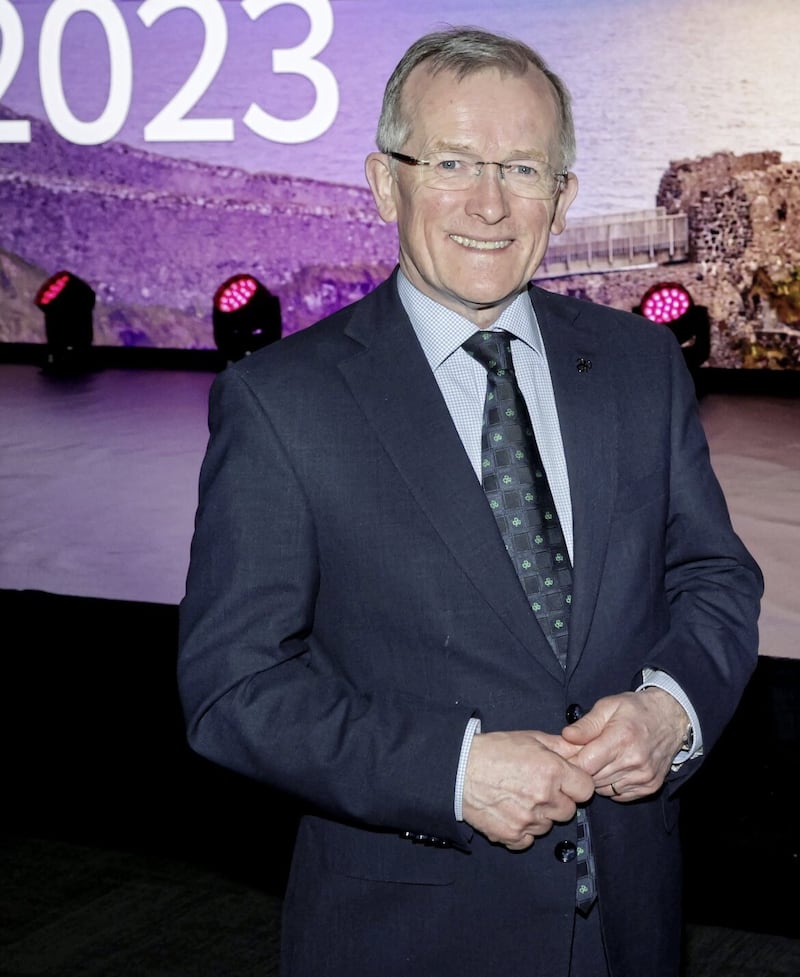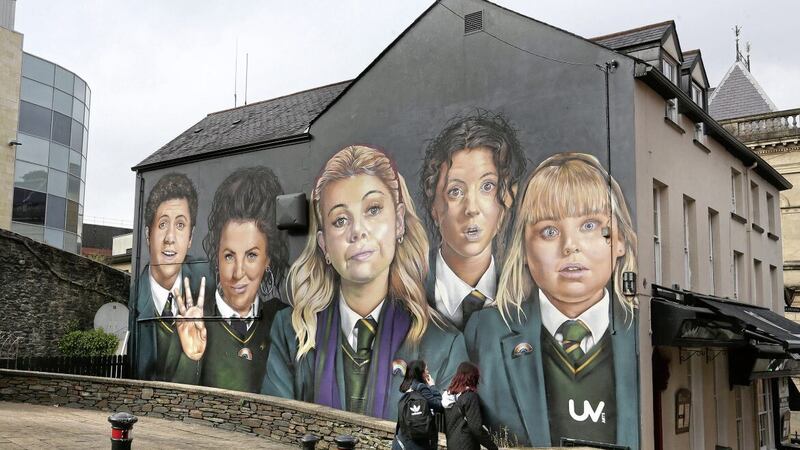THE UK Government’s plan to introduce biometric data requirements for non-Irish tourists crossing the border is one of the biggest risks facing the north, the chief executive of Tourism Ireland has warned.
Niall Gibbons was speaking in Belfast on Wednesday as he launched a new £70 million all-Ireland marketing campaign in a bid to regain the momentum lost by the tourism industry in the wake of the Covid-19 pandemic.
Tourism was worth around £1 billion to the Northern Ireland economy in 2019.
But Mr Gibbons said the UK Government's post-Brexit immigration plans represent a major problem for the industry north of the border.
The forthcoming electronic travel authorisation (ETA) scheme will eventually require tourists from North America and mainland Europe, who initially fly into the Republic, to digitally provide both face and fingerprint biometrics to cross the border.
“That is probably one the biggest risks Northern Ireland has at the moment and it has the capacity to undo a decade of work,” said the Tourism Ireland boss.
While the UK Government maintains it will not involve physical border checks, its critics, including the Irish tourism industry, argue it will create new barriers.
Around two-thirds of all overseas visitors to Northern Ireland travel via the Republic.
“The industry has been lobbying very hard to get some sort of waiver from that,” said Mr Gibbons. “But as I understand it, there are no plans to change it right now.
“But anything that makes travel harder is going to impact on a destination.”

Niall Gibbons has played a key role in Tourism Ireland since its inception in 2002 as one of six original areas of north-south co-operation established under the Good Friday Agreement.
He will step down after 14 years as the marketing body’s chief executive in April, which coincides with the 25th anniversary of the agreement being signed.
A report published on Wednesday by the Republic’s largest business organisation Ibec, identified tourism as one of the major success stories of the 1998 accord.
Niall Gibbons agreed and said he is encouraged by the Irish Government’s funding to further integrate tourism promotion via the Shared Island Fund.
And while he said there had be no issue in securing funding from Stormont for the new £70m campaign, he said the absence of an executive could cause problems down the line.
Around 20 per cent of the £70m for the new campaign has been provided by Stormont.
“We would love to have a functioning executive in Northern Ireland, because there’s nothing better than local ministers making decisions for the local area,” said the outgoing tourism chief.
“In my time as chief executive, I’ve worked with seven DUP ministers and we’ve always managed to get results over the line.
“But the longer things go on with no executive, you could be in a situation where board members can’t get appointed and business plans can’t get approved.
“There are long-term ramifications.”








